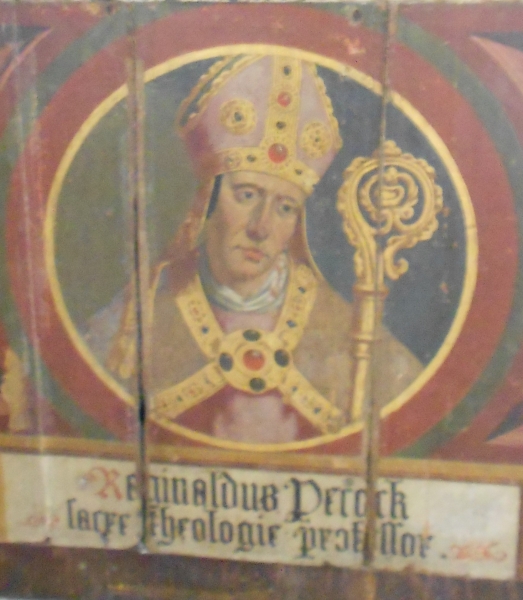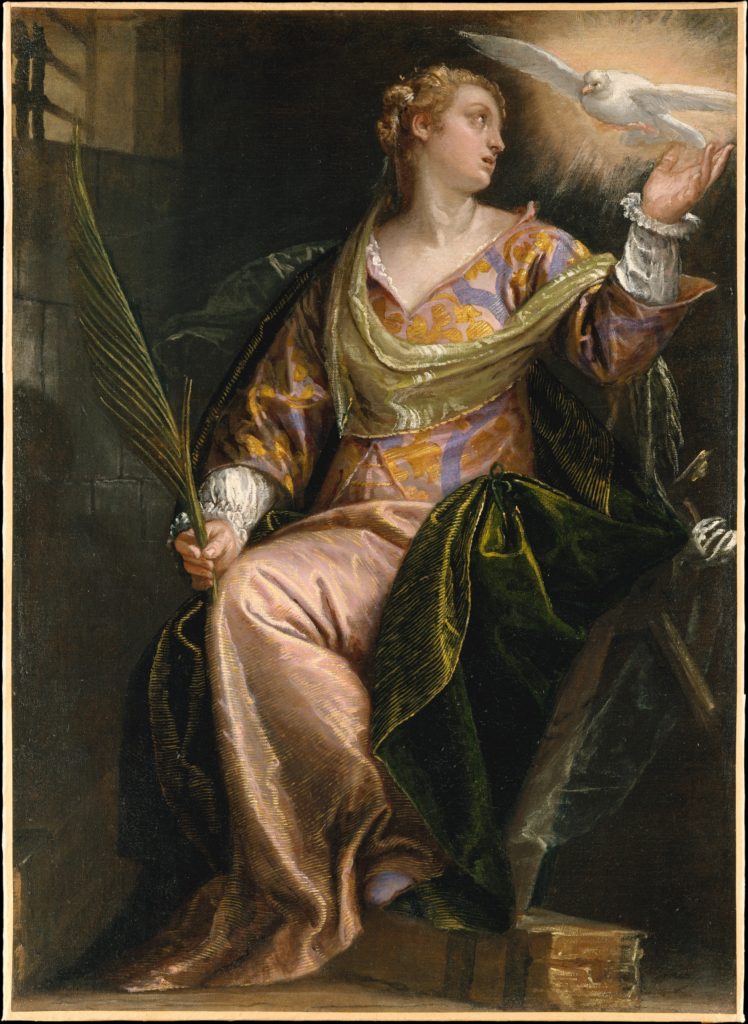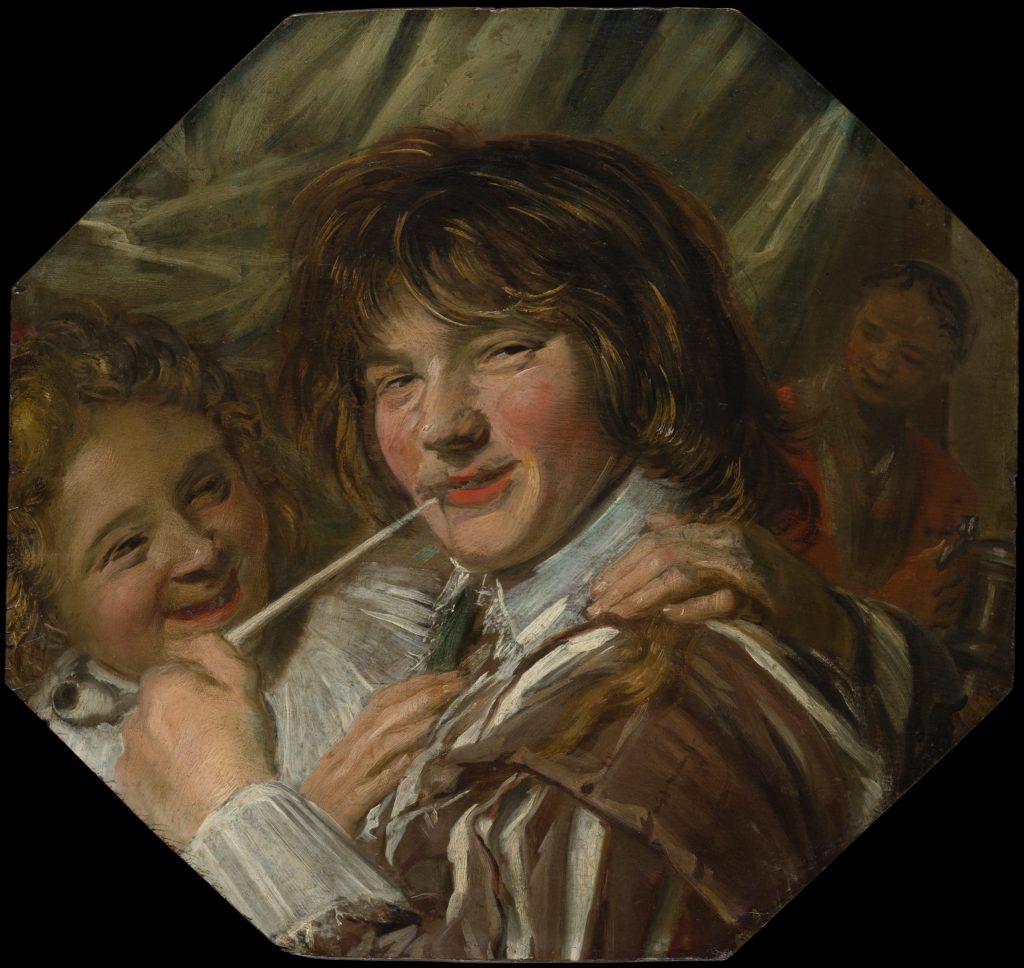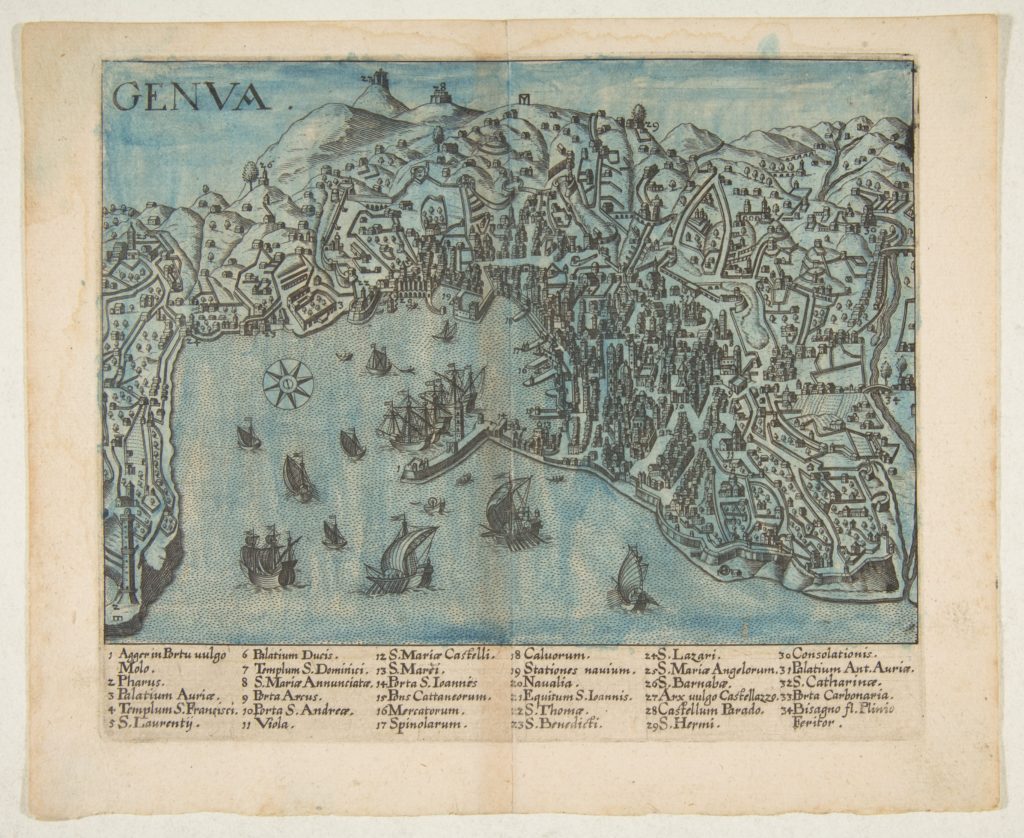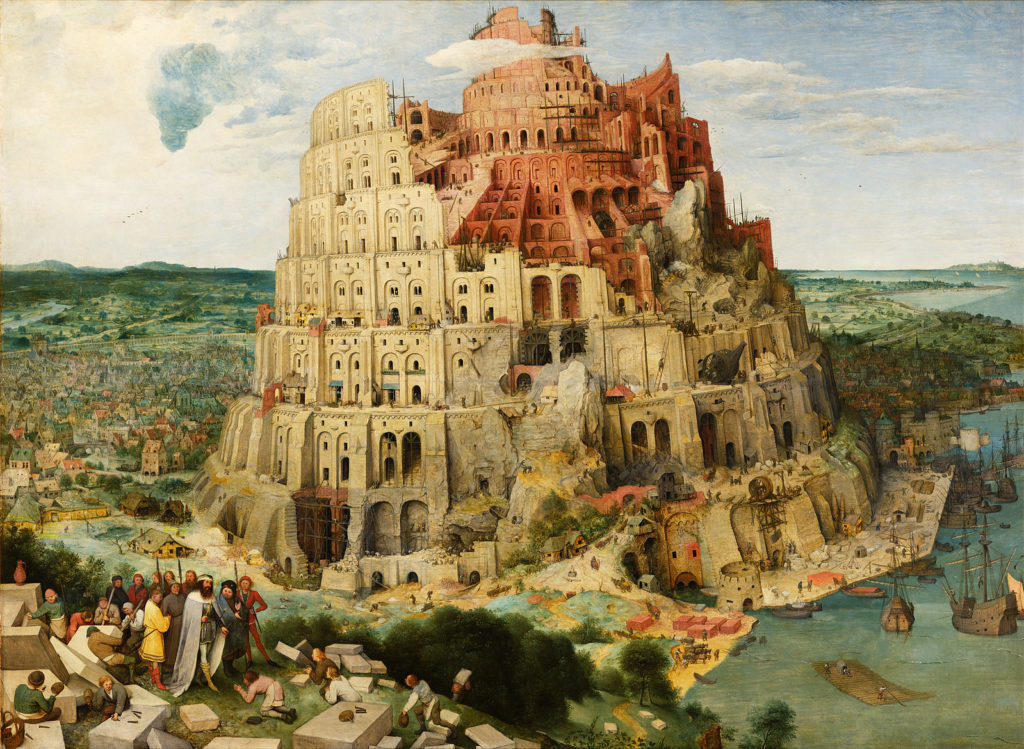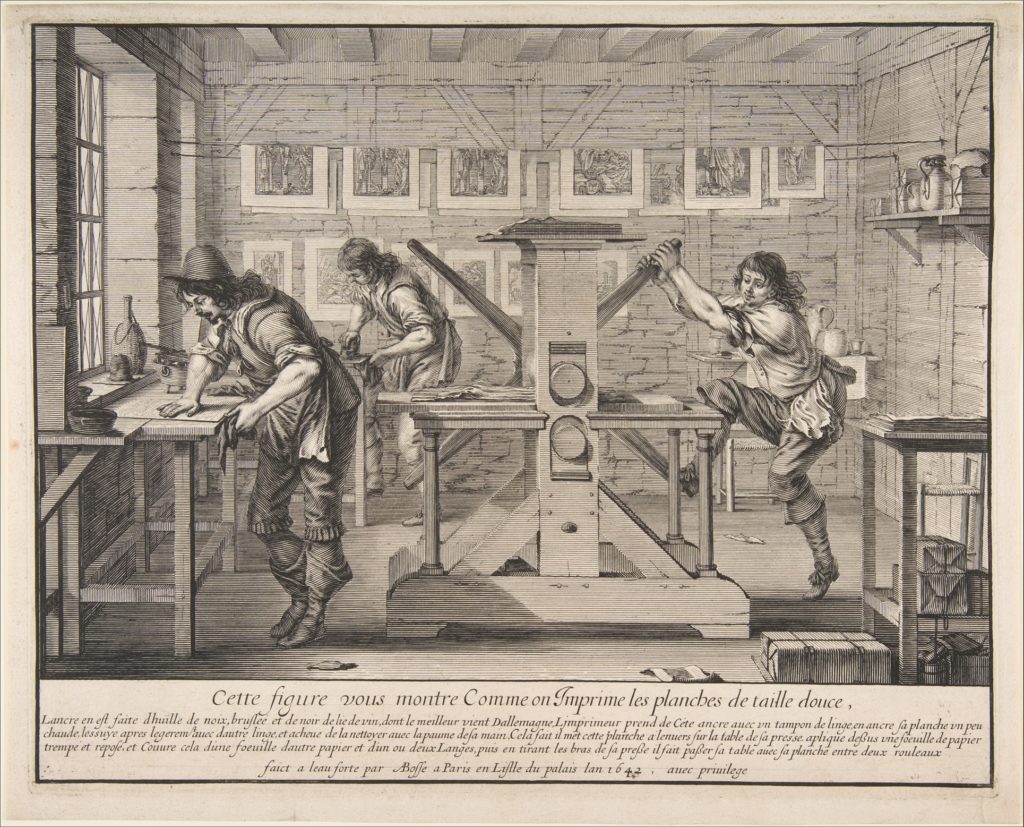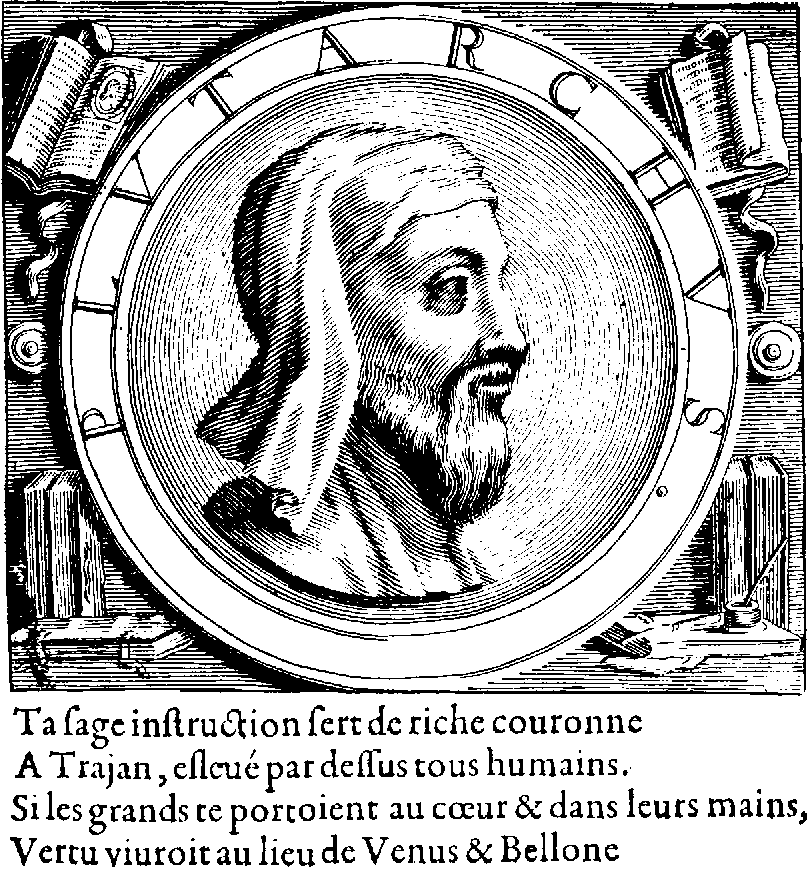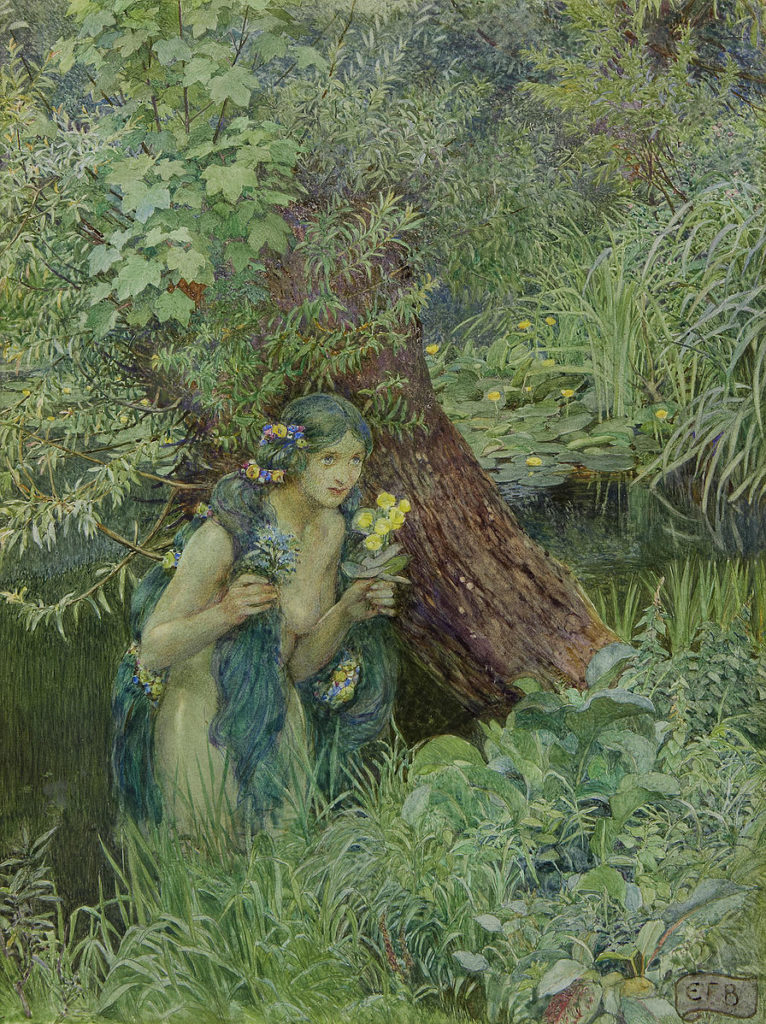Articles & Podcasts
The Culture of Early Modern Sussex
‘The Culture of Early Modern Sussex’, a HEIF-funded project, intends to challenge assumptions about the county, demonstrating both the strangeness of Sussex and its importance in the period 1500 – 1700. Through a series of public events in the Spring and early Summer of 2015 – including two exhibitions, a number of public lectures, and…
Veronese: Magnificence in Renaissance Venice
Extraordinarily, despite his ongoing popularity (tesitified by the amount of his work in the National Gallery’s own collection), there has never yet been a monographic show on Paolo Veronese in England. This is a striking omission that has been handsomely corrected in the National Gallery Exhibition, which ran from 19 March until 15 June 2014….
The Renaissance of Tobacco: A New Drug from the Old World
When I was invited to a Christmas party last year, I was requested to “dress smartly and don’t bring any cider!”. Yet, even without this warning, good manners would have dictated that I leave the four-pack of Scrumpy Jack at the back of my fridge. For me, however, the incident also posed the question: why…
A Gateway into Renaissance Genoa
Standing at a busy crossroads, at rush hour, I looked up at the towering magnificence of Genoa’s Medieval Porta Soprana. This fleeting glimpse, before the traffic lights changed and the roar of the contemporary city struck up again, impressed me with a sense of the power, protection and wealth of this Republic, dubbed ‘the Proud’….
Translating for the Commonwealth
One striking development in Renaissance studies over the last five years has been the surge of interest in the theory and practice of translation. This has been evident not just in the number of conferences and books on the subject, including the publication of volume 2 (1550-1660) in the admirable Oxford History of Literary Translation…
Open Access and Renaissance Studies: where are we?
The debate about Open Access (OA) over the last year has been quite fierce at times. Now things seem to be calming down. But is this the calm before another storm? In this post I want to share my perspective as editor of Renaissance Studies and say a bit about how we have responded to…
Plutarch’s Nose and Contemporary Editing
Of making many bookes there is no end, and much studie is a wearinesse of the flesh. (Ecclesiastes 12:12) The availability of classical and renaissance texts online – whether out of copyright Loebs, the electronic ‘Renascence Editions’ or Early English Books Online – has changed the nature of reading and research. That there is no…
Centering Spenser: A Digital Resource for Kilcolman Castle
A new website built at East Carolina University analyzes and reconstructs Edmund Spenser’s life, writing and castle complex at Kilcolman, County Cork, Ireland, where the great poet and colonial administrator lived in the late 1580s and ’90s as part of the Munster Plantation. The website draws connections between Kilcolman, other places in Ireland, and Spenser’s…
- « Previous
- 1
- 2
- 3

